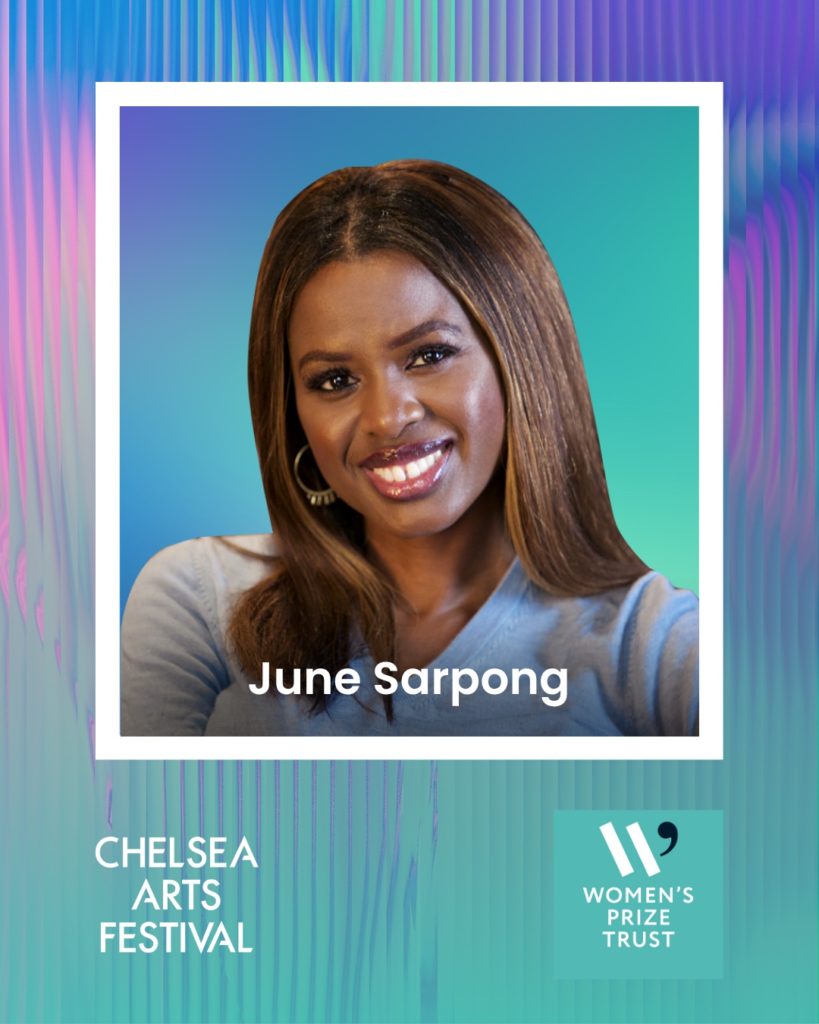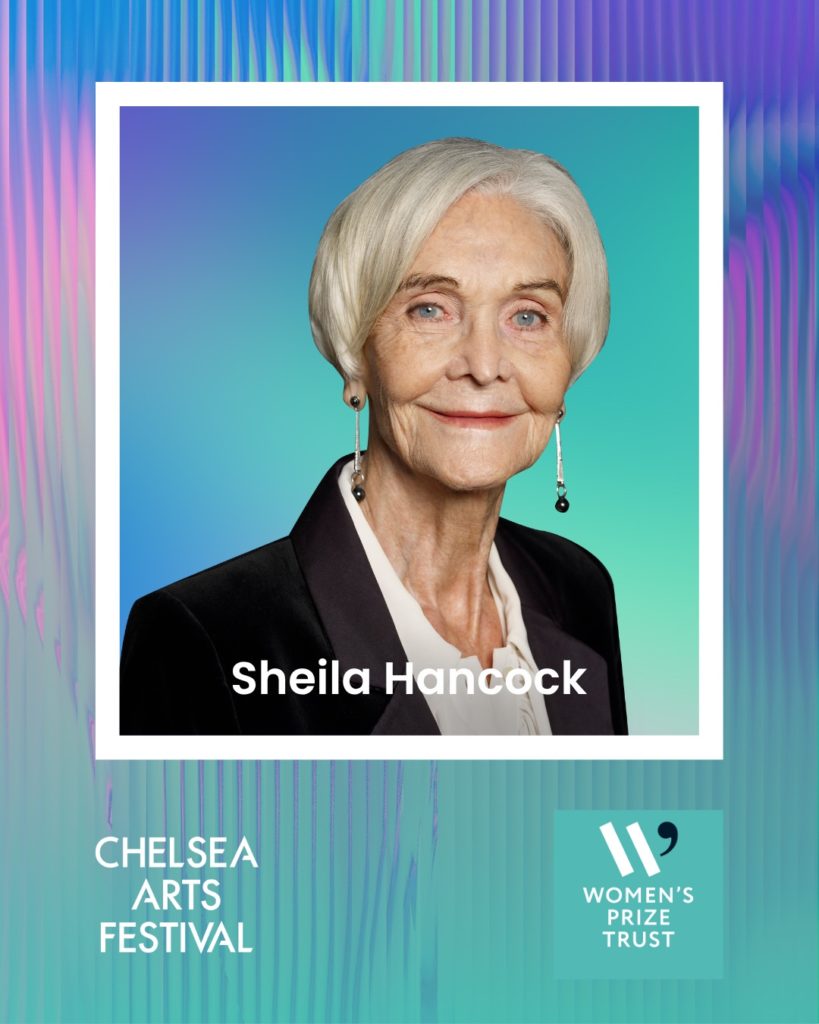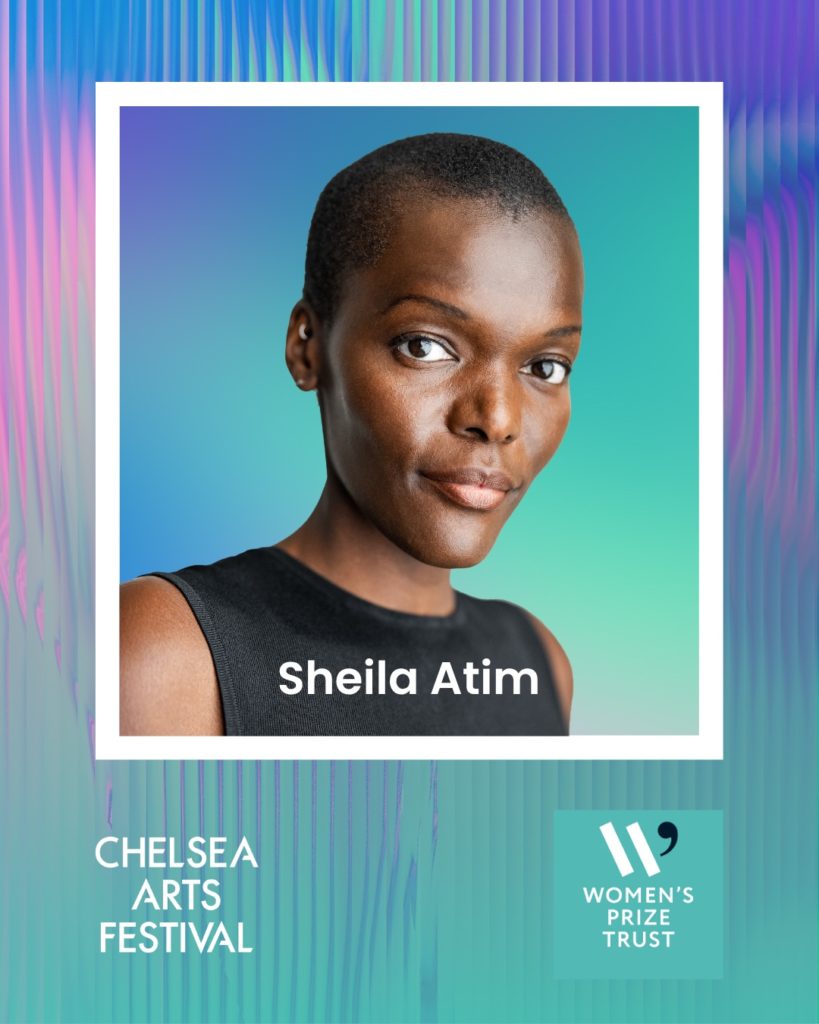A Brief History Of The Women’s Prize For Fiction
On 21 September, a decorated coterie of women will take to the Cadogan Hall stage as part of the inaugural Chelsea Arts Festival, celebrating 30 years of this illustrious award with a special literary salon. A lot has happened in that three-decade period: here’s a brief history of the Women’s Prize.
For three decades, the Women’s Prize for Fiction has championed and elevated the voices of female authors from across the globe. Not only does the Prize celebrate exceptional writing, but it has significantly reshaped the perception and visibility of women in literature. But the Women’s Prize for Fiction’s roots stretch back to a bleaker landscape: the literary world of the early 1990s.
In 1991, one of the UK’s most significant literary awards, now-infamously presented an all-male shortlist, despite the fact that women authors were responsible for approximately 60 percent of the novels published in the UK that year. This was of course the Booker Prize (aptly known as the Man Booker from 2002–19).
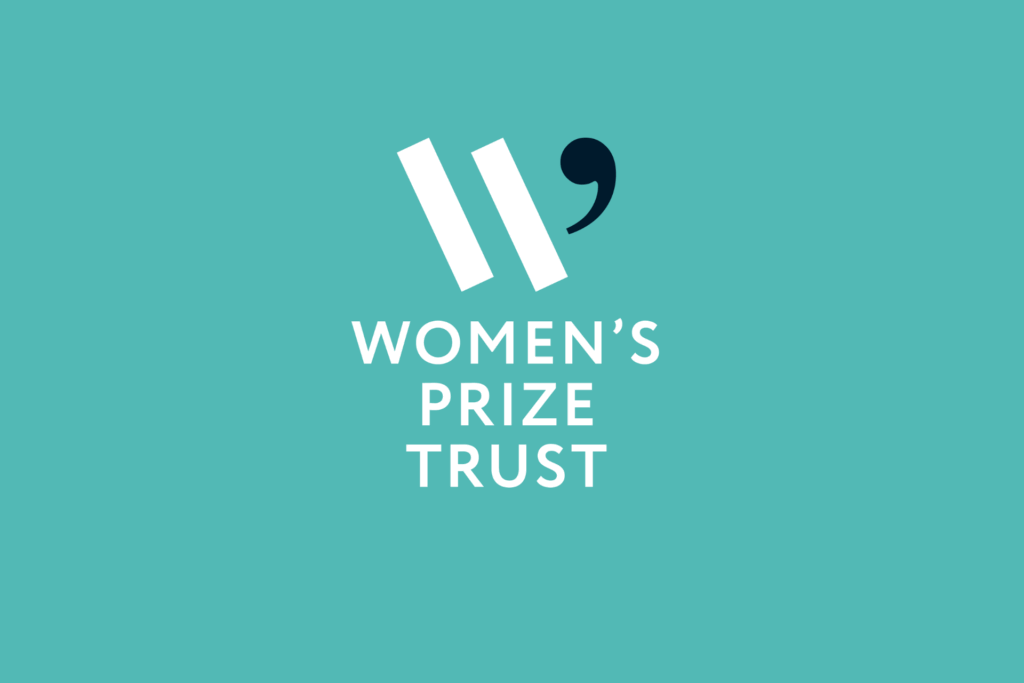
The disparity was glaring – but the concern and anger felt by women across the industry was quickly transformed into action. Journalists, reviewers, agents, publishers, librarians, and booksellers convened, intent on addressing the lack of recognition for the literary achievements of women.
Female authors are far more prolific than their male counterparts, yet their work was often relegated to the periphery of what was considered Literature with a capital L and systematically overlooked by major literary prizes across the board. Time to play them at their own game: by 1996 a new prize had been pieced together to celebrate exceptional writing by women. The Women’s Prize for Fiction was born.
This was by no means intended as a separatist gesture, as detractors still argue three decades on. Instead, this would be a proactive measure to ensure brilliant novels by women received the attention and critical acclaim they deserved, fostering a more inclusive and equitable literary environment. And those goals have been met: every year, the winner of the prize experiences a major uptick in novel sales, as well as their reputation.
Over its three-decade history, the Women’s Prize for Fiction has undergone various transformations while steadfastly adhering to this core mission. In terms of nomenclature, the prize has been variously known as the Orange Prize for Fiction, the Orange Broadband Prize for Fiction and the Baileys Women’s Prize for Fiction before it proudly shook off all title sponsors in 2019. Beneath the surface, the prize has evolved to not just spotlight women’s writing but nurture it, too. The Discoveries development programme, for example, engages unpublished women writers, while campaigns like #MenReadingWomen encourage a broader readership for female authors. The prize also diversified its reach with the launch of the Women’s Prize Bookshelfie podcast and the annual Women’s Prize LIVE festival.
Most recently, the Women’s Prize Foundation launched a second literary prize: the Women’s Prize for Non-Fiction, a true game-changer for female writers of non-fiction. Now awarded twice (in 2024 and 2025), the Non-Fiction award underscores the Prize’s mission to celebrate female talent and the written word, now with a broader scope.
Who Is Kate Mosse?
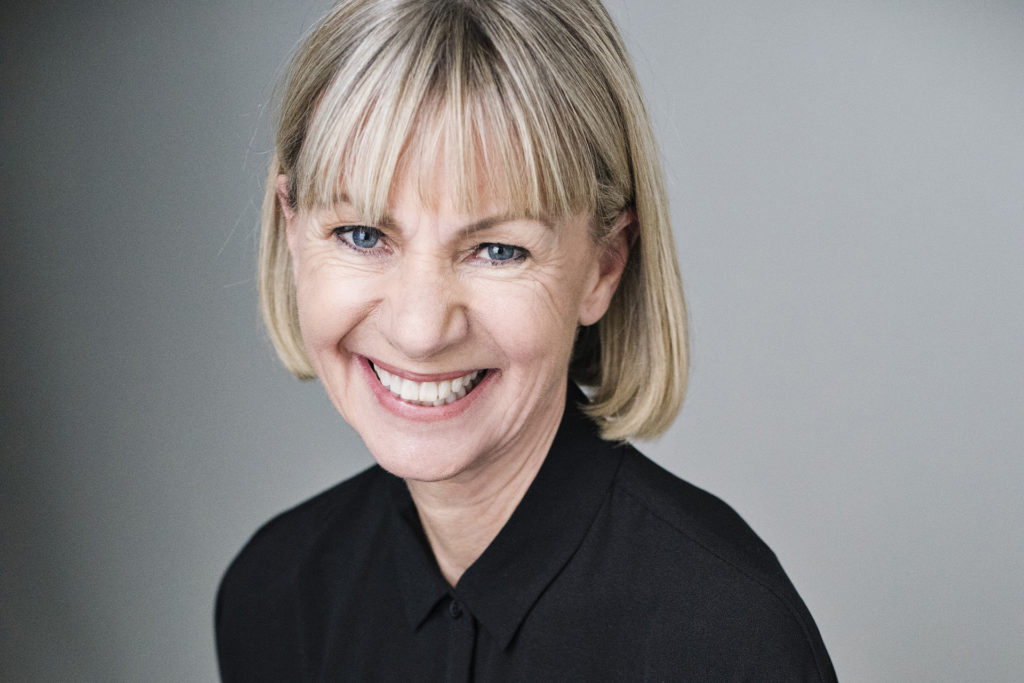
At the heart of the Women’s Prize for Fiction’s inception and enduring success is celebrated novelist and non-fiction writer, Kate Mosse CBE. As a co-founder and now honorary director, Mosse has been a passionate and tireless advocate for the Prize since its earliest discussions in the early ‘90s, stemming from a deep understanding of the challenges faced by women writers.
Rather than merely critiquing the status quo, Mosse and her co-founders created a major, well-resourced prize that has endured year on year, maintaining its stellar reputation by continuing to champion great work as well as nurture emerging voices. Mosse’s dedication has ensured the prize’s deliberate international scope and commitment to diversity, continually expanding the definition of what constitutes significant literature.
Who Has Won?
Each year, a panel of five women selects a shortlist and a winner, and three decades and 30 winners later, the Women’s Prize for Fiction has a stellar reputation for awarding literary powerhouses on the cusp of their career boom. This can be traced back to the prize’s genesis: in the first two years of the prize, Helen Dunmore and Anne Michaels won for A Spell of Winter (1996) for Fugitive Pieces (1997) respectively, establishing the prize’s ability to recognise compelling and diverse narratives.
Andrea Levy’s Small Island proved to be a landmark win in 2004, later bagging the ‘Orange of Oranges’ (best of the best) accolade in celebration of the prize’s first decade. Other notable mentions include Zadie Smith’s On Beauty (2006) Chimamanda Ngozi Adichie’s Half of a Yellow Sun (2007) (the ‘Winner of Winners’ in the Prize’s 25th birthday celebrations), and Barbara Kingsolver, the only author to have won the prize twice (for The Lacuna in 2010 and Demon Copperhead in 2023).
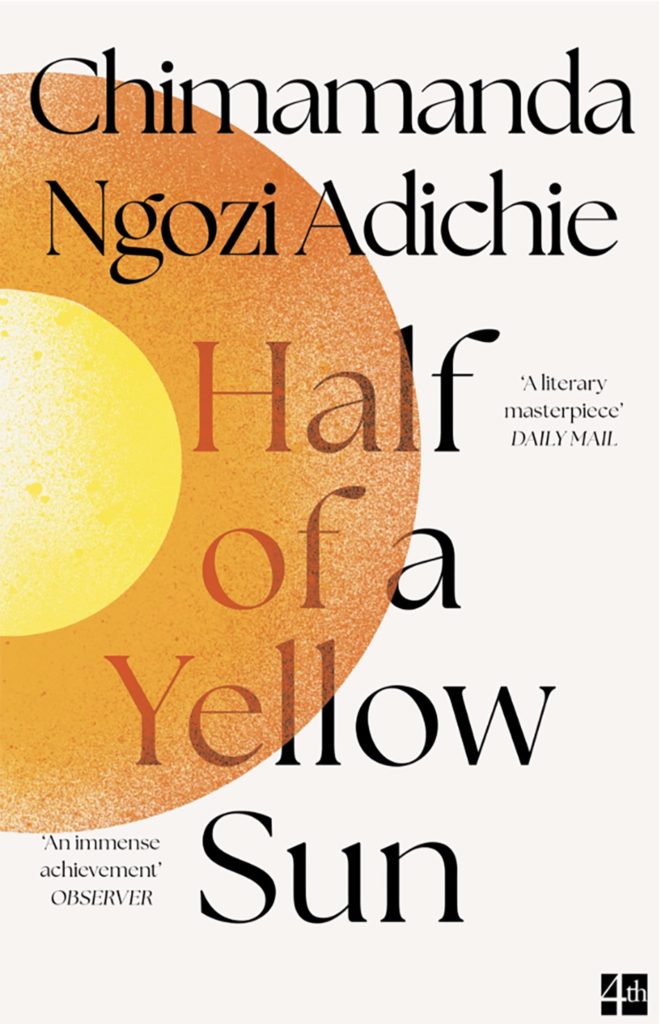
Chimamanda Ngozi Adichie, Half of a Yellow Sun (2007). Buy it.
Recent high profile wins include Madeline Miller for The Song of Achilles (2012) and Ruth Ozeki for The Book of Form & Emptiness (2022). The 2025 prize was awarded to Yael van der Wouden for her debut novel, The Safekeep, underscoring the prize’s focus on new talent.
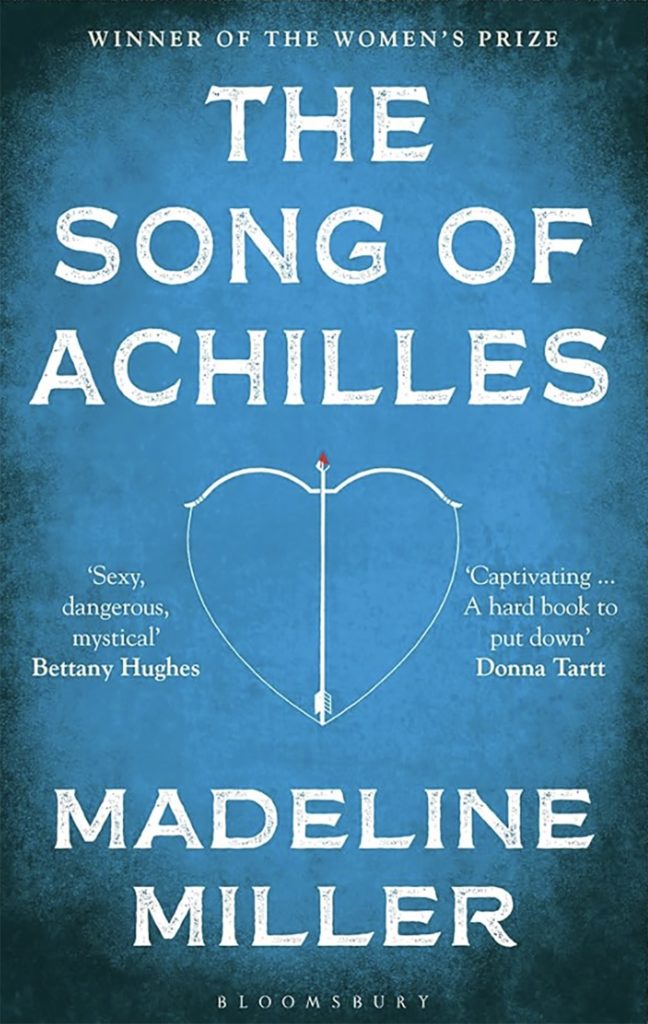
Madeline Miller, The Song of Achilles (2012). Buy it.
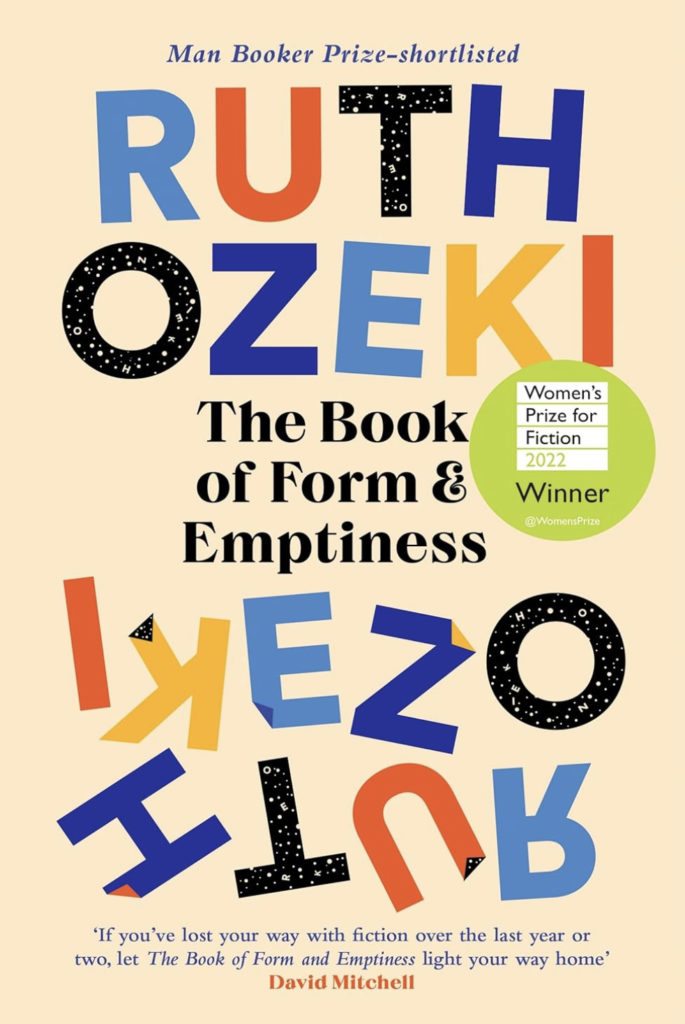
Ruth Ozeki, The Book of Form & Emptiness (2022). Buy it.
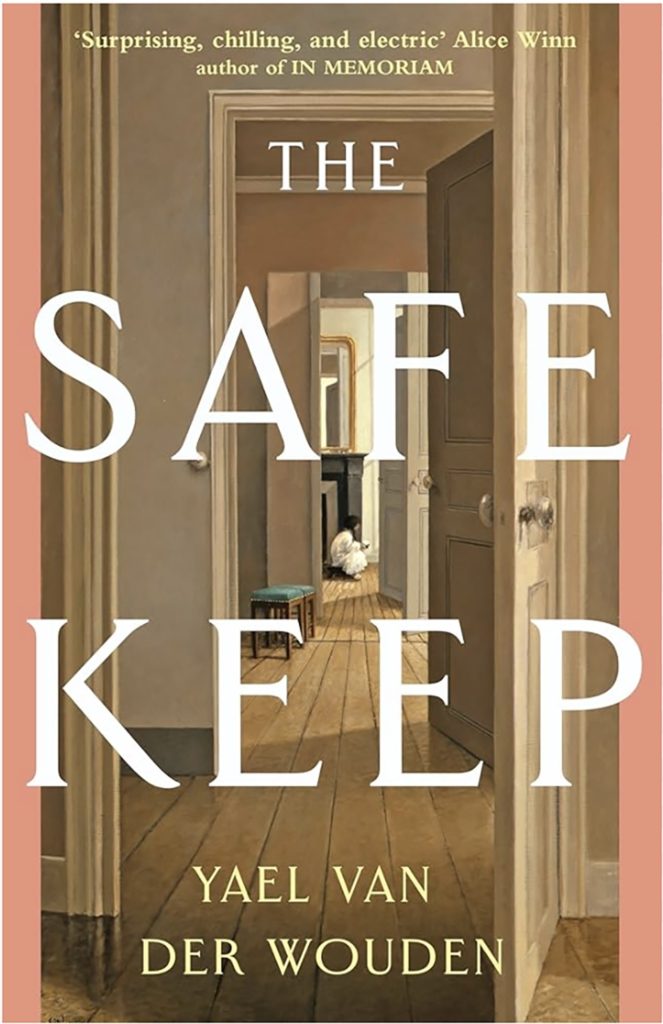
Yael van der Wouden, The Safekeep (2024). Buy it.
In 2025 to celebrate three decades of the Women’s Prize for Fiction, the Women’s Prize Foundation awarded a one-off Outstanding Contribution Award to Bernadine Evaristo to recognise her body of work, transformative impact on literature and unwavering commitment to uplifting underrepresented voices. Evaristo commented that she is ‘completely overwhelmed and overjoyed to receive this unique award’. She also added that ‘the financial reward comes as an unexpected blessing in my life’. Fittingly, Evaristo plans to ‘spend this substantial sum supporting other women writers,’ she says. ‘More details on this will be forthcoming.’
BOOK IT
The Chelsea Arts Festival event, Women’s Words: From Page to Stage, will take place on 21 September as a 30 Year Celebration of The Women’s Prize For Fiction. Some of the UK’s most compelling performers, including Sheila Atim, Sheila Hancock, Kate Mosse, Lenny Henry and June Sarpong, will take to the stage to read extraordinary writing by women. From letters and speeches to essays and fiction, these live readings will celebrate the words and voices of those that have shaped and inspired us.
